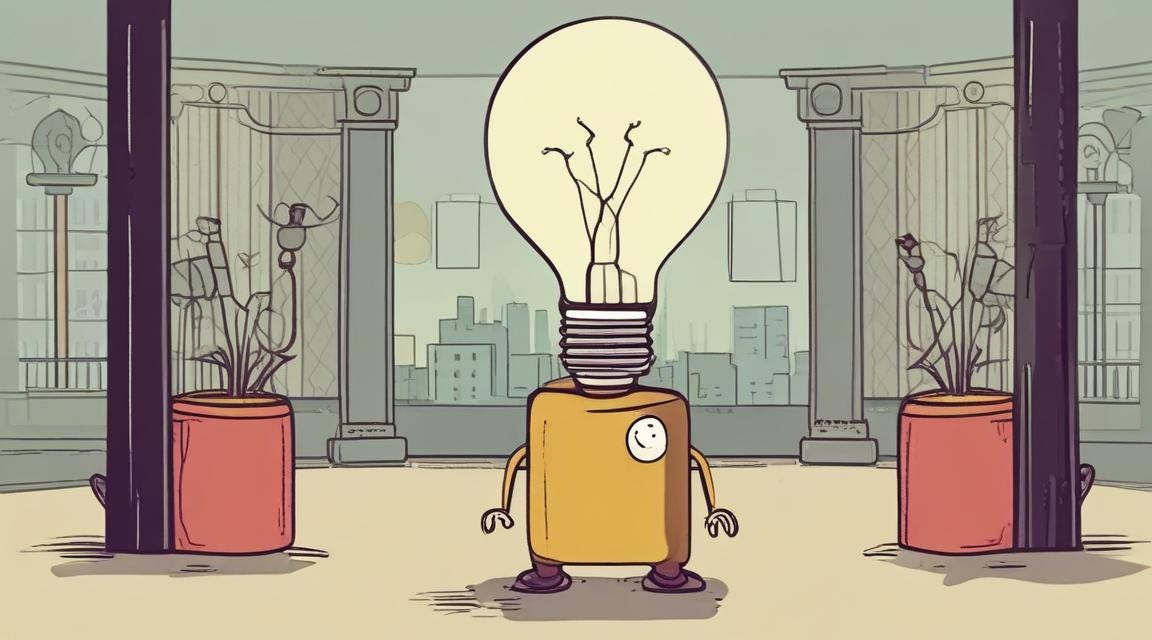From Idea to Digital Reality: The Art of Refining Your Concept Before Choosing Tech Tools
The Importance of Concept Refinement
In today's fast-paced digital world, it's tempting to jump straight into the technical aspects of bringing an idea to life. However, this approach often leads to limitations and missed opportunities. The key to creating a successful digital product, whether it's a website or an app, lies in thoroughly refining your idea before even considering the technological tools you'll use to build it.
The Importance of Concept Refinement
Why Refine First?
Refining your idea before diving into the technical details is crucial for several reasons:
Clarity of Vision: By focusing on the core concept, you gain a clearer understanding of what you're trying to achieve.
Flexibility: A well-defined idea allows for more flexibility in choosing the right tools later on.
User-Centric Approach: Refinement helps you focus on user needs rather than technical constraints.
The Pitfalls of Premature Tech Selection
Choosing technology too early can lead to several issues:
Limited Creativity: Tools can inadvertently restrict your thinking and problem-solving.
Misaligned Solutions: You might force-fit your idea into a tool that's not ideal for your needs.
Overlooked Opportunities: Better solutions might be missed if you're fixated on a particular technology.
The Refinement Process
Defining Core Requirements
Start by outlining the fundamental aspects of your idea:
Purpose: What problem does your digital product solve?
Target Audience: Who will use your product?
Key Features: What are the essential functions?
User Experience: How should users interact with your product?
Iterative Ideation
Refine your concept through multiple iterations:
Brainstorming: Generate as many ideas as possible without judgment.
Feedback: Seek input from potential users and stakeholders.
Prototyping: Create low-fidelity mockups to visualize your concept.
From Concept to Technical Requirements
Once your idea is well-defined, you can begin translating it into technical requirements:
Functionality: List specific features and how they should work.
Data Management: Determine what data you need to collect and manage.
Integration: Identify any external services or APIs you'll need to incorporate.
Scalability: Consider future growth and how your product might evolve.
Choosing the Right Tools
With a refined concept and clear requirements, you're now in a position to select the most appropriate technological tools:
Research: Explore various platforms and frameworks that align with your needs.
Evaluation: Assess tools based on their ability to meet your specific requirements.
Flexibility: Choose technologies that allow for future expansion and adaptation.
The Benefits of a Refined Approach
By following this process, you'll likely experience several advantages:
Better Product-Market Fit: A well-refined idea is more likely to resonate with users.
Efficient Development: Clear requirements lead to smoother development processes.
Cost-Effectiveness: Avoiding unnecessary pivots saves time and resources.
Innovation: A focus on the core idea often leads to more innovative solutions.
In the journey from idea to digital product, the refinement process is a crucial step that should not be overlooked. By taking the time to thoroughly develop and understand your concept before choosing technical tools, you set the stage for a more successful, innovative, and user-centric final product. Remember, technology should serve your idea, not the other way around. Embrace the refinement process, and watch as your digital vision comes to life in its most potent form.






